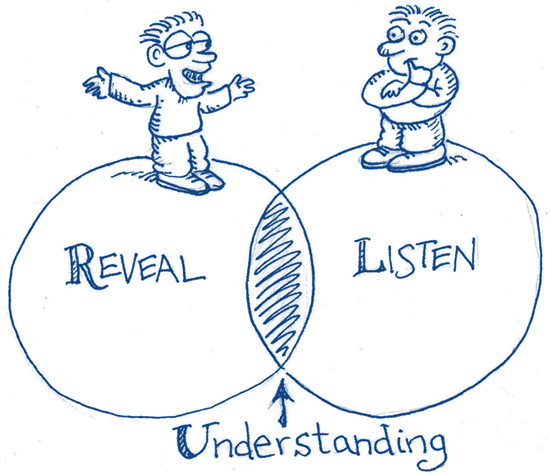Effective October 1st, I stopped reading the morning paper and scanning news stories on the Internet. It has been a substantive break in my habitual patterns, but one I deemed necessary for my well-being. I’m still a dedicated citizen and plan to vote in the upcoming election. I will research the candidates and issues thoroughly before casting my votes. Thereafter, I’ll turn a deaf ear to the commentary… at least for the foreseeable future.
It’s not that I don’t care. I do… perhaps, too deeply. With every acrimonious comment from either side of the political divide, I ache. I cringe at the loss of civility. I long for a resurgence of our better angels.
The political upheaval has caused me to reflect on my time at the Duke Divinity School. Religion, like politics, has always been subject matter with the potential to engender conflict. As I set foot into those hallowed halls 15 years ago, I wondered how the institution would forge community out of a collective characterized by disparate ages, ethnic backgrounds, and religious upbringing. How would we find common ground on which to build a productive and life-affirming learning environment?
Dr. Warren Smith provided the answer in his introductory lecture on church history. The course was designed to explore the historical framework underpinning the development of Christian theology and doctrine. To that end, we’d revel in his expertly crafted lectures while reading original texts by the great theologians of the early church. The latter demanded a “close reading” of each classic text. As he explained:
“In your Bible courses, this ‘close reading’ is called exegesis. The basic aim of exegesis is to uncover what the text itself means, rather than reading into the text our own ideas and beliefs. Exegesis tries to prevent the all too common impulse in the Church, making the Bible say what we want it to say.
“As students of Christian theology, we have the same goal when we are reading Athanasuis and Augustine, Bonaventure and Aquinas, Luther and Barth. This ‘close reading’ I often call sympathetic reading. By ‘sympathetic,’ I do not mean that you accept as true the presuppositions and conclusions of the thinker. Rather I mean that you try to understand his argument within his own framework. In the end, you may not be persuaded by his arguments, but you will be able to level your objections more effectively if you have given a detailed and accurate description of his view.”
Were we to institute this practice in today’s political climate, there’d be far greater emphasis on listening instead of casting aspersions and assigning blame. It would call upon us to learn about our erstwhile opponent’s formative years, family relationships, professional development, interests, concerns, and world view so that we might ably walk in his or her shoes. We’d then sit quietly and attentively while absorbing the main arguments and taking note of the supporting details to sustain them.
Of course, we’d probably need to spend time together to develop the kind of trust that this level of communication demands. It would help to share stories and laughter over sumptuous meals or warm fires while getting to know one another and our families. On the surface, that time might seem “unproductive.” But it would enable us to see one another as thinking, breathing, caring, passionate human beings worthy of respect. And it might encourage us to have patience while we cover the same ground over and over and over again until a level of understanding and compassion can break through our differences.
Of course, modern day campaigning doesn’t lend itself to that depth of conversation. It ties up candidates with the demands of campaign financing and encourages them to go for the jugular.
I’d love to relieve our elected officials of the burden of fundraising. I’d like to see the country adopt provisions that limit campaigning to a relatively short interval before Election Day. And I’d love to see all this recaptured time devoted to extending hands across the aisle toward mutual understanding and a commitment to finding common ground.
